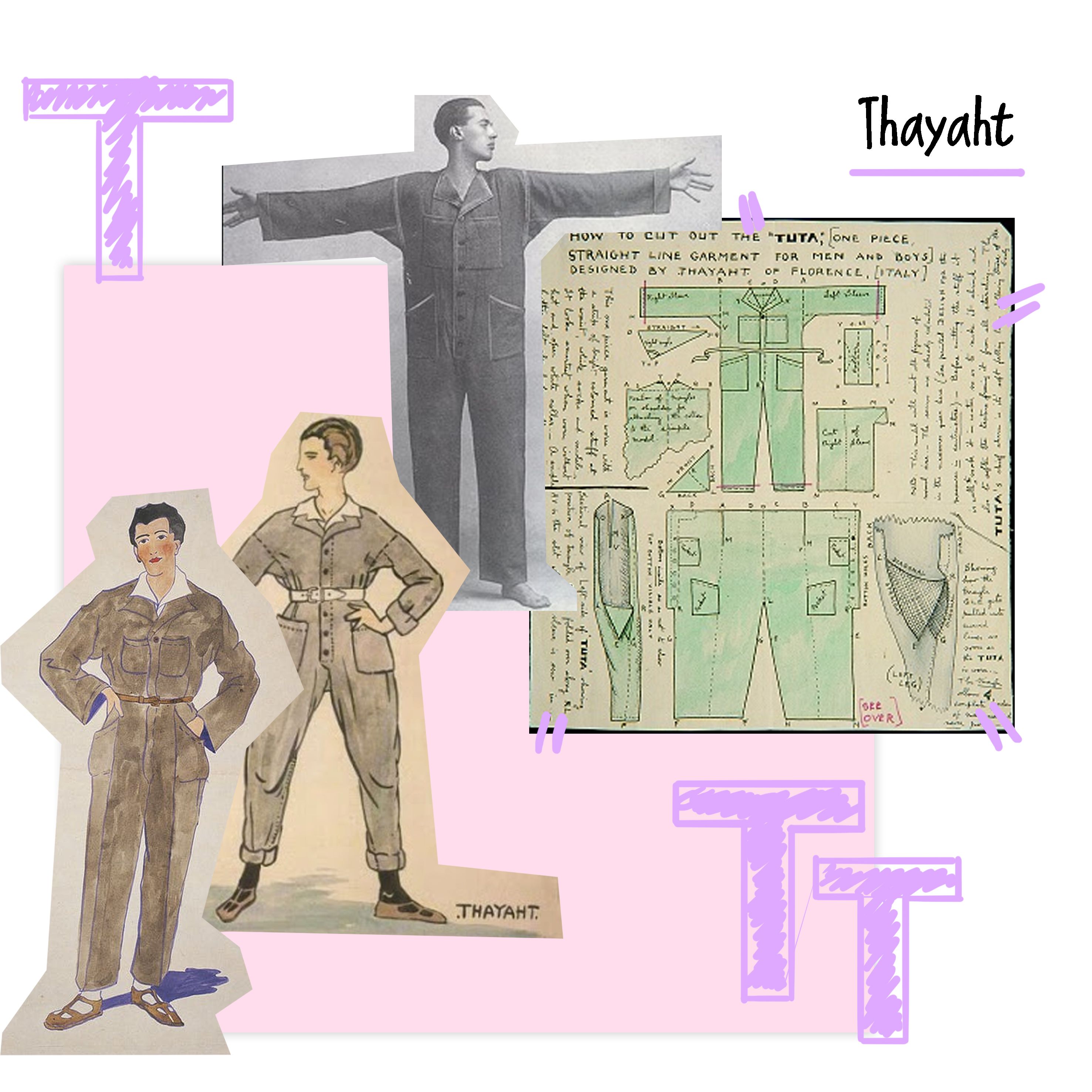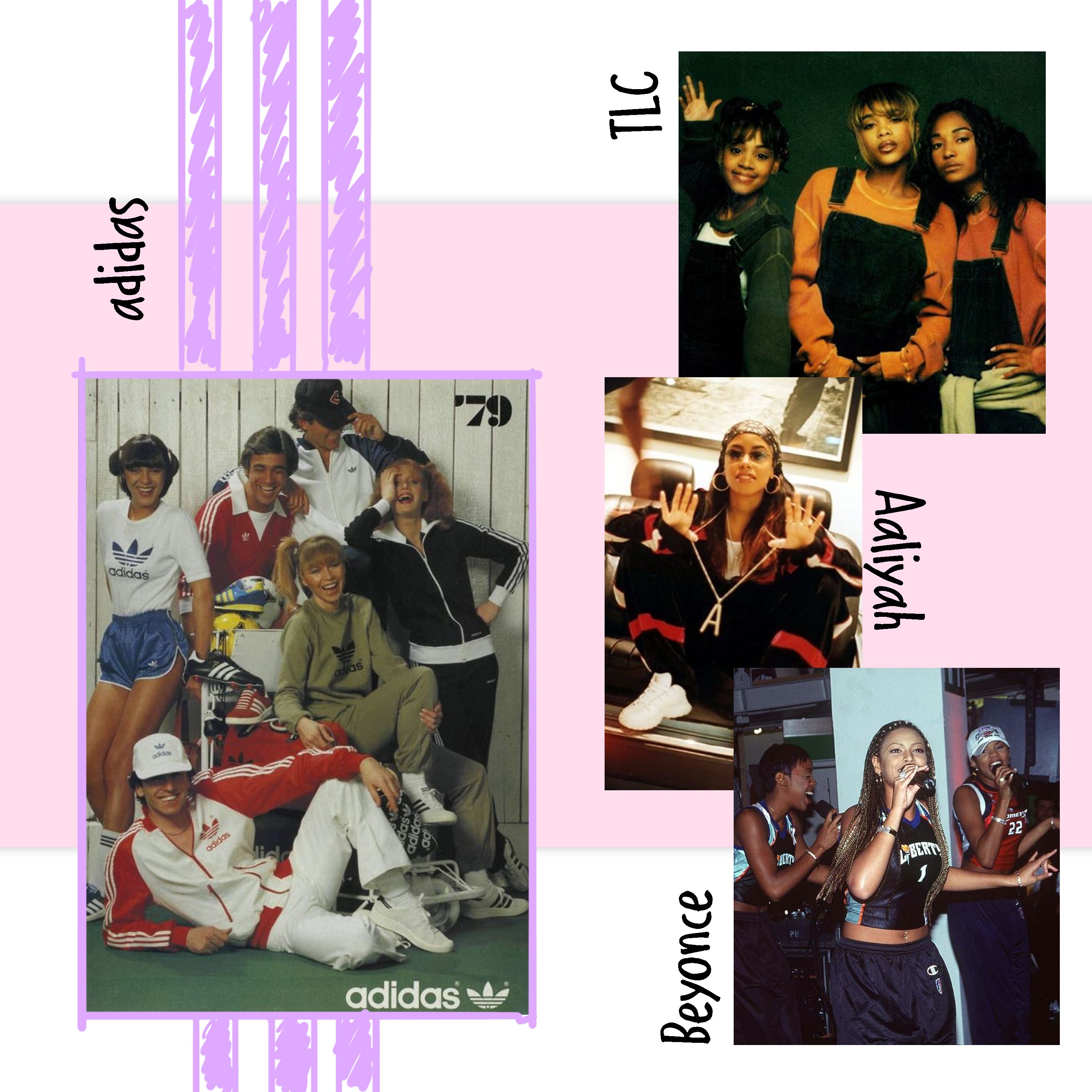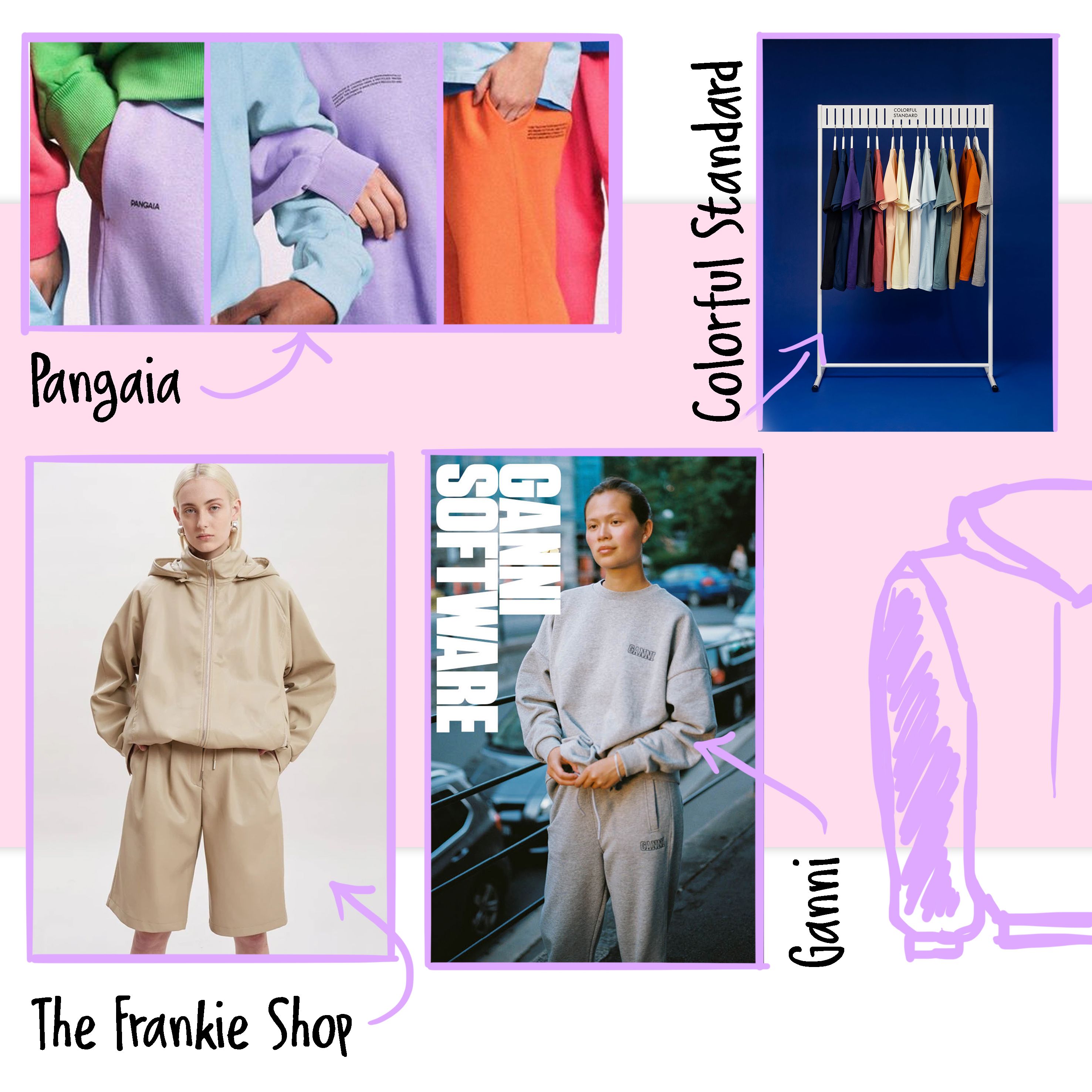Streetwear can be considered a friend or foe of designers; the first when it serves as inspiration, the second when it dictates trends by going against the seasonal shows. And it is thanks to the road (and perhaps also a little to Covid-19) that the tracksuit has gone from being considered a home look to a cool garment.
It all began in the early 1900s when the artistic movement of Futurism founded by Filippo Marinetti developed. While the other currents painted perfect and fluid forms, the exponents of futurism told of dynamic figures representative of the very act of movement. Like any historical current worthy of school books, Futurism also had its development in the world of fashion and the key item was the suit of Thayaht.

A great exponent of futurism with fame in Italy and in Paris, where he worked with the famous stylist Madame Vionnet, Thayaht loved everything that represented experimentation and innovation. So it was that he thought of the “tu-ta”, a T-shaped garment made with a single piece of fabric and without waste. His was the first ever version of this garment, designed to be comfortable and worn for any occasion by both men and women; one of the first revolutions in the fashion world.
After those years, the suit has undergone a continuous revolution, to the point of being considered an elegant garment for women and a style icon for Dandies. In 1965 adidas launched its first version of the tracksuit, as we know it today, with the three representative bands of the brand on the sides. From that moment, especially from the 1970s to the 1990s, it was the hip hop music industry that gave prominence to this garment, making it a symbol not only of a musical current but of a real lifestyle.

To date, the suit has become a real must-have. It will be for the long lockdown or simply for its convenience, it has become a difficult garment to avoid in everyday life. Among the most revolutionary brands and in step with the times, Pangaia certainly gets noticed thanks to its sportswear created with biotechnologies that reduce waste and the environmental impact by committing to improve the planet; soft and bright colors for suits that literally plant trees all over the world.
Colorful Standard is also committed to saving the environment by producing garments made from 100% organic cotton and, as the name implies, basic and classic but in every color. The Frankie Shop stands out equally but for the materials used; trendy and fashionable, its knitted and leather suits, two very present trends, slide over the body, equally guaranteeing warmth and comfort.

Last but not least, Ganni has launched its Software line dedicated to the suit; the basic colors of white, black and gray, just in memory of the computer software, color oversized hoodies and soft trousers, combining the brand logo present on each garment.
.jpg)